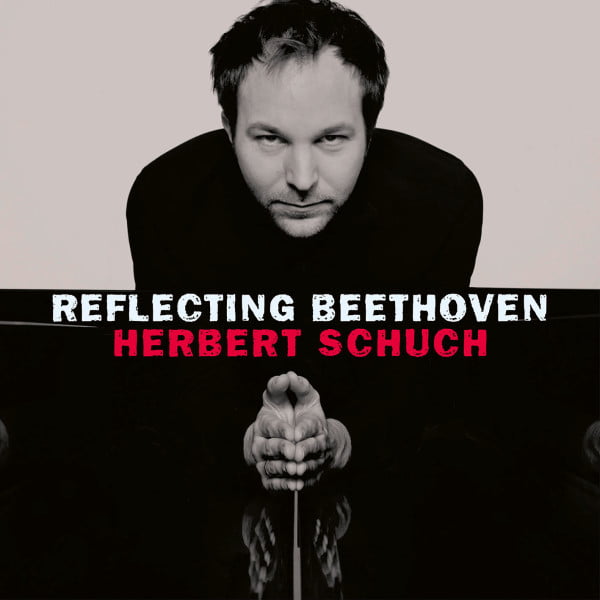Description
Herbert Schuch / Reflecting Beethoven
三首貝多芬鋼琴奏鳴曲 (珍貴收錄Mike Garson創作的悲愴奏鳴曲變奏曲)
Herbert Schuch / Reflecting Beethoven
這張專輯是新銳鋼琴家Herbert Schuch紀念貝多芬250冥誕所特別企劃的.片中收錄了三首鋼琴奏鳴曲,並且加收他最擅長的一首悲愴奏鳴曲變奏版 (Herbert Schuch曾經在鋼琴大賽中演奏這首罕見曲目,並藉此贏得特別獎).非常值得一聽的曲目! 在貝多芬三首鋼琴奏鳴曲的演奏上, Herbert Schuch也以非常特別的詮釋演奏出令人耳目一新的風貌.非常值得收藏的一份演出.
REFLECTING BEETHOVEN
Mr Schuch, you are celebrating Beethoven’s anniversary year in 2020 and, at the same time, going beyond his legacy. What does this composer mean to you?
Beethoven has been pressed into many categories. At times he was seen as the great Titan, at others as an idealist; later approaches occasionally attempted to “de-emotionalize” his music. He simply had an incredible ability to be many things, but his music was never dispassionate. Beethoven could even sound overemotional, and then display dry wit! I see him at a crossroads in music history where he was occasionally still allowed to write plain, simple music, and I find that thoroughly moving.
You introduce each of the three Beethoven sonatas with a piano piece from the late 20th or early 21st century. What is the idea behind this approach?
I’m always searching for connections across the centuries. Composers relate to one another, consciously or unconsciously. For instance, unconsciously:
Henri Pousseur wasn’t thinking at all about Beethoven’s G Major Sonata. When I was thirteen years old, I performed the Pousseur piece at the European Youth Music Competition: it was a compulsory piece, and I won a special prize. It was the first truly “modern” piece in my repertoire, and required things I wasn’t prepared for at all. At the beginning, for example, six different dynamic shadings are overlapping simultaneously in both hands. I found those challenges exciting: after having gone through such an experience, I had “tasted blood” as far as contemporary music was concerned.
In the middle of the piece, there is an improvisation on predetermined musical material: I wrote my version down, and have recorded it that way now.
At the onset, the piece features a displacement of one semiquaver between the two hands, which is maintained until the phases come together again. This always reminded me of the first movement of Beethoven’s G Major Sonata. Beethoven was surely one of the first to discover how such small shifts can generate a kind of jagged, forward-moving energy, and he presents it in a dry, unemotional manner………
曲目:
Beethoven:
Piano Sonata No. 8 in C minor, Op. 13 'Pathetique'
Piano Sonata No. 16 in G major, Op. 31 No. 1
Piano Sonata No. 17 in D minor, Op. 31 No. 2 'Tempest'
Mike Garson: Pathétique variations, for piano
Henri Pousseur: Coups de Des en Echos, pour piano
三首贝多芬钢琴奏鸣曲 (珍贵收录Mike Garson创作的悲怆奏鸣曲变奏曲)








There are no reviews yet.